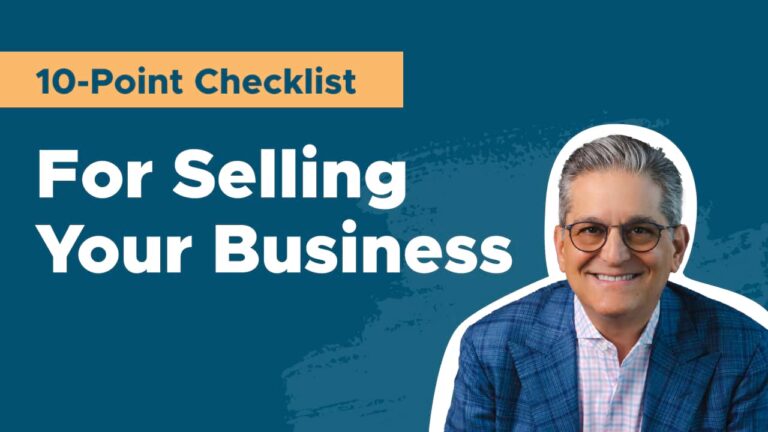By Whitney Webb, Managing Director of Governance and Education at Cresset
During Cresset’s recent interview with Dan Buettner, the founder of the Blue Zones, he mentioned a statistic that floored me. Through studying communities around the world with the longest living residents, he discovered that the act of identifying one’s purpose in life can increase life expectancy by eight years. In my work with families over the past decade, I’ve seen how identifying purpose, and setting goals to carry it out, can be life-changing for the better. Dan’s statistic put data to the countless stories I could share from the entrepreneurs who have sold their businesses and are looking for a new purpose, to the 20 and 30 somethings in a rut and looking for a meaningful job or project.
The question, “What am I doing with my life?” is heard across all ages and demographics. There seems to be an inherent yearning for clarity around what we are meant to do with our lives. But how does one answer this question? Advice often spans from too specific, “You need to become a doctor or lawyer because you will receive instant respect,” to too vague, “Just listen to your heart!” to flat out terrible, “If you aren’t about to collapse, you aren’t working hard enough!”
As the head of the Governance, Education, and Philanthropy department at Cresset, our team focuses heavily on purpose. We begin every conversation, lesson, and client meeting by digging into the “why?” We love Simon Sinek’s advice on the power of beginning with “why” and how countless companies and individuals thrive by using this as the foundation for stability and success. In addition to reading Simon’s book, below is some advice to help clarify your life purpose:
- Begin with identifying your values. If you were shown a list of 50 values (such as kindness, motivation, adaptability, humor, etc.) and asked which ones you thought were important, you’d likely answer “all of them.” However, if you were shown that same list and asked to choose your top five values, you probably would be able to easily cross 20-30 off the list as not quite relevant to you. This process of identifying and prioritizing values has a threefold benefit:
- Practice in choice and prioritization, which can help with understanding that not everything is right for you.
- Identifying values that might relate to future passions, careers, or endeavors.
- The creation of your value set, which can be revisited and used as a foundation for future decision making.
- Start broad, not narrow. Whether you are brainstorming a new career, philanthropic endeavor, or artistic pursuit, focus on quantity over quality. Create a list of the craziest ideas of where life may take you. Most importantly, remember that happiness and contentment can likely be found on more than just one path, so try not to settle on your first and only idea.
- Stay curious. There are countless jobs and entire industries that did not exist 10 years ago. From podcast producer to contact tracer to drone operator, there are new paths and opportunities becoming available on a daily basis. Stay openminded, but also ask a lot of questions of the people around you. I have heard countless stories of people finding their next volunteer project through a chance meeting at a party, or embarking on a new career after sitting next to someone interesting on an airplane. Embrace the abundance of “discovery” time and stay curious about opportunities you don’t yet know about.
- Think and act like a designer. One of our favorite books to recommend is “Designing Your Life” by Bill Burnett and Dave Evans, which translates the approach of designing innovative products and services to designing our lives to be joyful, fulfilled, and balanced. With a focus on a shifting mindset to see the world and our options in them differently, they also provide activities to help you understand what you like and don’t like. Finally, just as if you were designing a product, the advice to “prototype your life” can be helpful to those who feel overwhelmed by options and next steps.
- Try stuff. Along with testing out different experiences and paths, a bias towards action is important because finding and clarifying your passion is a life-long process, not a singular event. George Bernard Shaw once wrote, “Life isn’t about finding yourself; it’s about creating yourself”. This quote highlights the need for ongoing exploration, adaptability, and action. As we change and grow, so does the world around us. So, instead of waiting for our passion to hit us on the head and lead us seamlessly through life, the better approach is to be an active participant in the world and consider your passion as a motivating, yet fluid, driver.
About Cresset
Cresset is an independent, award-winning multi-family office and private investment firm with more than $70 billion in assets under management (as of 7/1/25). Cresset serves the unique needs of entrepreneurs, CEO founders, wealth creators, executives, and partners, as well as high-net-worth and multi-generational families. Our goal is to deliver a new paradigm for wealth management, giving you time to pursue what matters to you most.
https://cressetcapital.com/disclosures/
